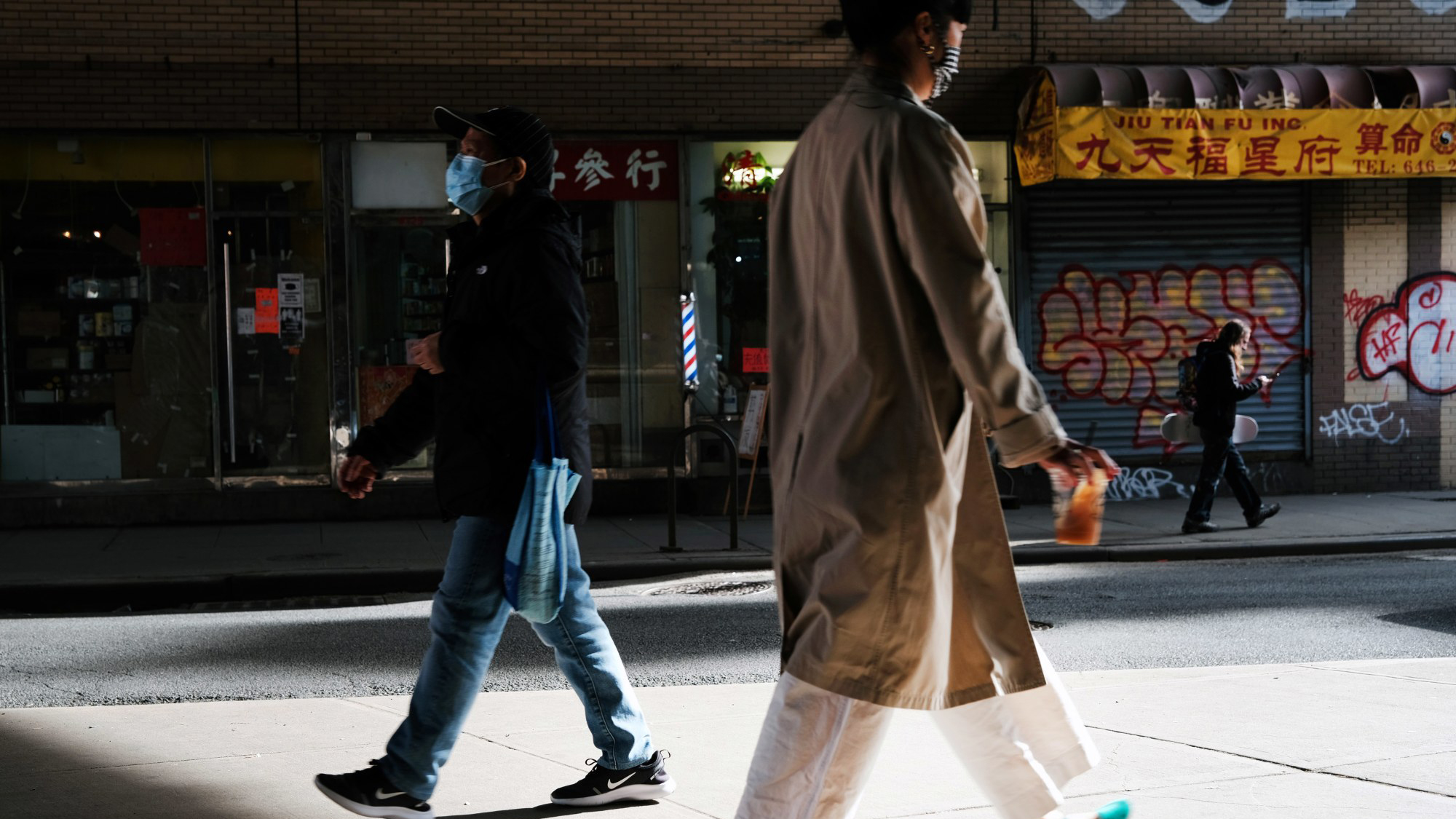By Kimmy Yam—May 11, 2021
New data on anti-Asian hate incidents reveals some startling increases in reports this year.
The reporting forum Stop AAPI Hate released a national report last week, examining incidents that took place over roughly a year during the coronavirus pandemic. It revealed that the number of incidents reported surged from 3,795 to 6,603 in March of this year alone.
Russell Jeung, the group’s co-founder and professor and chair of the Asian American studies department at San Francisco State University, told NBC News that among several factors including increased awareness around the issue, the country’s continued opening up as restrictions lifted could have had an impact on the Asian American population.
“What we’ve always said is that racism could have been dampened because the quarantine has sort of protected us. But now, we’ve had a year’s worth of anger focused on Asians, the year’s worth of economic distress, the year’s worth of political rhetoric, vilifying Chinese and Asians,” he said. “And so now that we’re beginning to interact and all that anger and fear and racism is getting directed at us more.”
According to the data, which spanned incidents from March 19, 2020, to March 31, 2021, verbal harassment made up the vast majority of reports at 65 percent. Shunning, defined as the “deliberate avoidance of Asian Americans and Pacific Islanders,” was the second most common form of discrimination at 18 percent, while physical assault comprised the third largest category at 13 percent.
The report points to the fact that the apparent spike includes many respondents who submitted incidents from 2020 retroactively. And the shootings at three Atlanta-area spas in March that led to the deaths of eight people, including six women of Asian descent, likely had a significant impact on the people’s understanding of anti-Asian attacks and therefore the reporting of such discrimination, Jeung said.
“We’ve noticed some shifts, and more women and more people are saying gender was a reason for their harassment,” he said. “The Atlanta shootings have highlighted the intersectional attacks on Asian American women.”
He pointed out that a breakdown of the data shows that women made up 65 percent of the reports. And in 22 percent of the overall incidents, gender, language and religion were cited as motivating factors for the incidents.
While previous reports released by Stop AAPI Hate showed businesses as the primary settings for acts of discrimination, the newest numbers reflected a shift toward streets and parks, where 38 percent of incidents, the largest share, took place. Jeung said it further showed how the slow return to normalcy could affect Asian Americans.
“Originally, businesses were the top site of racism, because that’s the only place we would interact with people during quarantine — we go out shopping, and then we would interact with people,” he said. “Now we’re seeing more incidents in public places like streets and sidewalks. So it seems to me as we come out of the pandemic, everybody is interacting more in the broader public and Asian Americans are experiencing racism there as well as businesses.”
Read more at NBC News.




